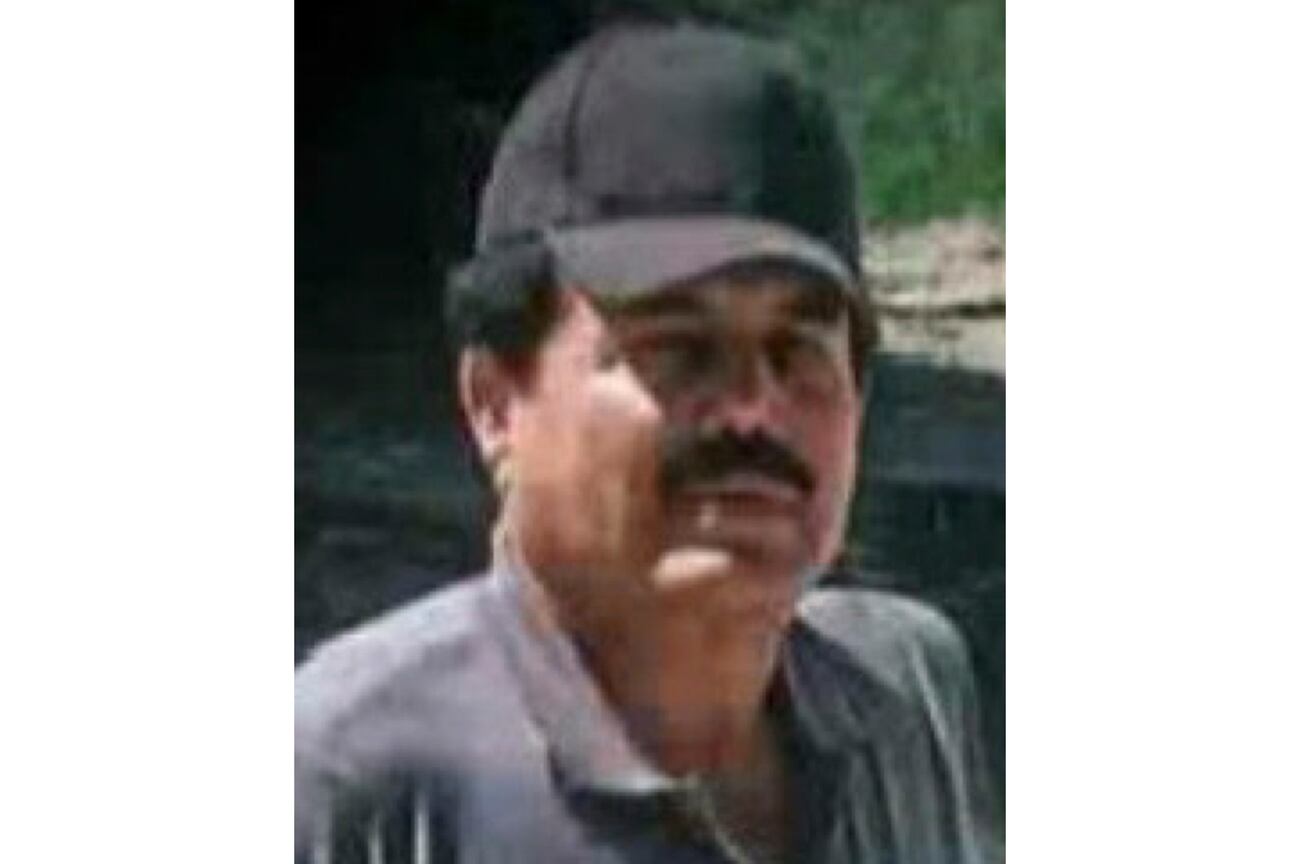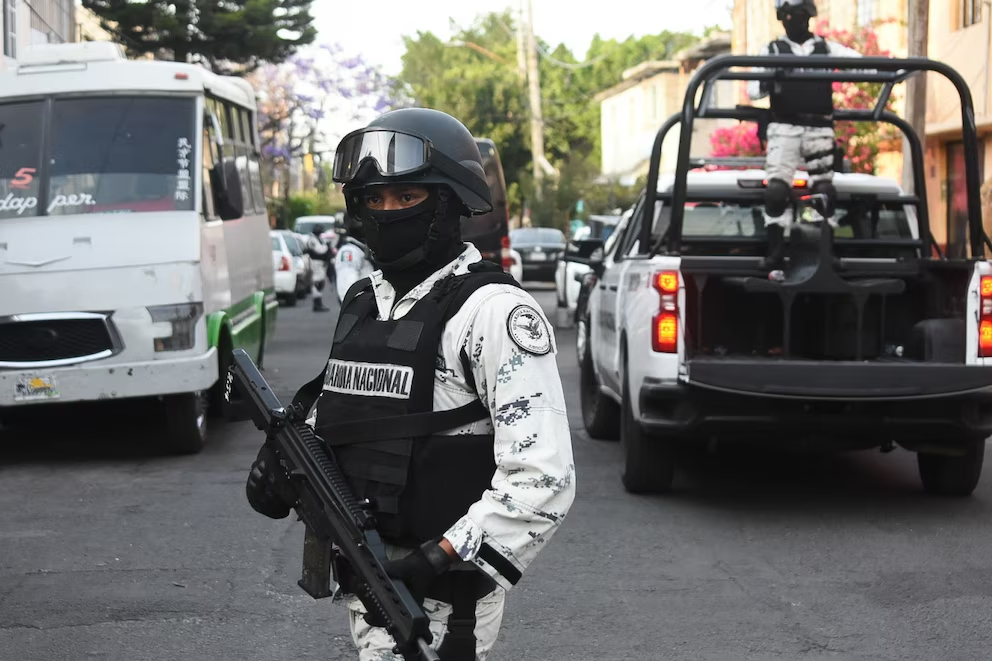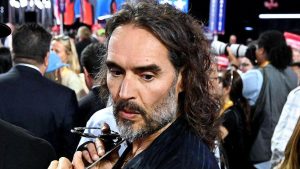U.S. Prosecutors Discuss Potential Plea Agreement with Drug Lord Ismael “El Mayo” Zambada.
U.S. prosecutors are currently in discussions regarding a possible plea agreement with Ismael "El Mayo" Zambada, the infamous Mexican drug lord and leader of the Sinaloa cartel. These talks, announced on Wednesday, could lead to Zambada’s cooperation with U.S. authorities, possibly implicating his son, Vicente Zambada, as a witness against him in the case.

U.S. Department of State shows Ismael “El Mayo” Zambada
Assistant U.S. Attorney Francisco Navarro confirmed that while these discussions have not yet yielded a resolution, the government is keen to pursue the plea option. "We are eager to continue pursuing this option," Navarro said, noting a court hearing has been scheduled for April 22 to provide an update on the matter.
Ismael Zambada's defense attorney, Frank Perez, refrained from commenting on the ongoing negotiations. It is not uncommon for such plea discussions to occur, although they do not always result in a formal agreement. Zambada, who was arrested last summer, faces charges related to his leadership role in the Sinaloa cartel.
During Wednesday’s hearing, Zambada expressed a strong desire for Perez to continue representing him, even though his son, Vicente Zambada, could potentially testify against him. "I don’t want a different attorney," Zambada said, addressing the potential conflict of interest, "I want him, even though this could be a conflict if he represents me and my son."
Vicente Zambada, who previously cooperated with U.S. authorities and provided crucial testimony against Joaquín “El Chapo” Guzmán during his trial, may be called to testify against his father in future proceedings. His testimony revealed details about the inner workings of the Sinaloa cartel, including a conversation in which corrupt politicians in Mexico sought the cartel's help to transport 100 tons of cocaine via an oil tanker.
Prosecutors have warned that the potential conflict of interest created by Perez representing both Ismael Zambada and his son could complicate the legal proceedings. “For instance, he might have to conceal information he learned from Vicente from me,” Zambada acknowledged during the hearing.
Despite these concerns, U.S. District Judge Brian Cogan ruled that Perez could continue representing Zambada, as long as other attorneys are available to manage any issues related to his son.
The elder Zambada, who was sought by law enforcement for many years, was captured in July at an airport near El Paso, Texas. He had arrived on a private plane with Joaquín Guzmán López, one of El Chapo’s sons, who is also wanted by U.S. authorities.
Zambada has claimed that he was kidnapped in Mexico and transported to the U.S. by Guzmán López, though the latter’s legal team disputes these allegations. In addition, the arrest sparked violence in Mexico between factions of the Sinaloa cartel, leading to a strained relationship between Mexico and the U.S.
Mexican officials, including President Andrés Manuel López Obrador, initially blamed U.S. actions for the violence. In response, outgoing U.S. ambassador to Mexico Ken Salazar criticized this stance, arguing that Mexico had ceased cooperating with the U.S. on cartel issues.
The Sinaloa Cartel is one of the most powerful and influential drug trafficking organizations in the world. Based in Mexico, it was founded in the 1980s by Joaquín "El Chapo" Guzmán, Ismael "El Mayo" Zambada, and other members. The cartel is primarily involved in the production, trafficking, and distribution of a variety of illegal drugs, including cocaine, heroin, methamphetamine, and marijuana, primarily to the United States, but also to other international markets.
Over the years, the Sinaloa Cartel has built a vast and highly sophisticated network of drug trade routes, logistics, and operations. It is known for its ability to control key border areas and ports, facilitating the smuggling of drugs into the U.S. and other countries. The cartel has also been involved in money laundering, kidnapping, extortion, and other criminal activities to fund its operations.
The Sinaloa Cartel rose to prominence due to its leaders' ability to avoid law enforcement detection, with Guzmán’s infamous prison escapes adding to its notoriety. After Guzmán's capture in 2016, leadership passed to Zambada, and the cartel continues to operate as a major player in global drug trafficking. Despite its violent methods, the cartel has maintained a significant influence on Mexico’s underworld and its relationship with both local and international criminal enterprises.





















